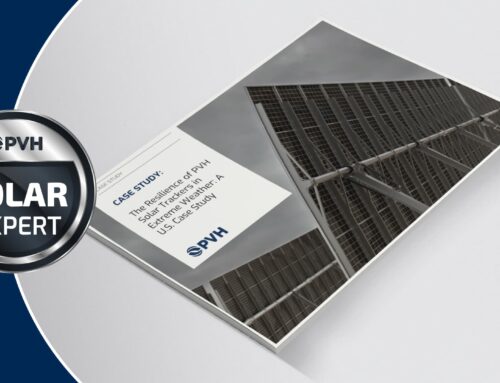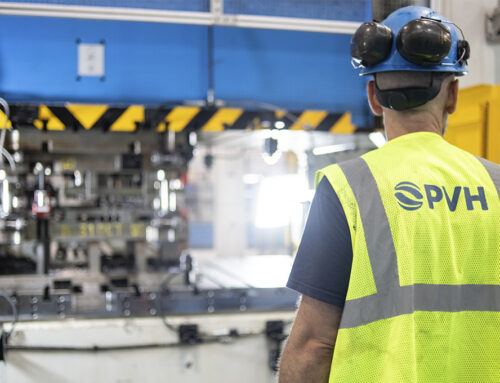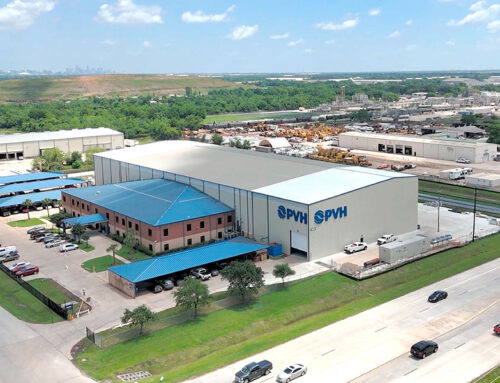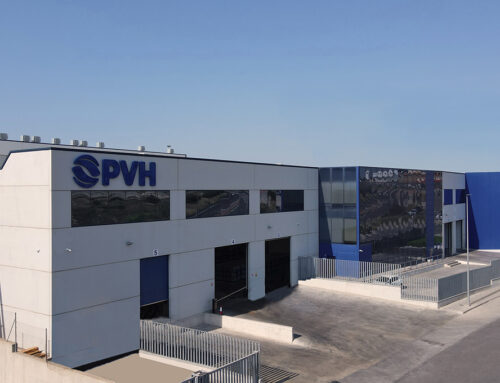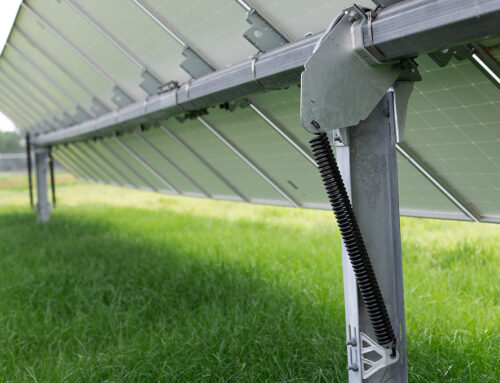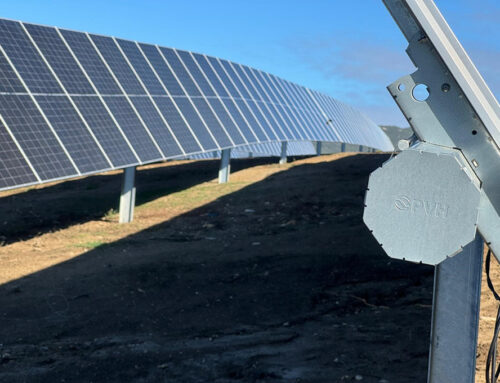Newly released US guidance aligns with PVH Supply Chain Strategy
23/05/2024
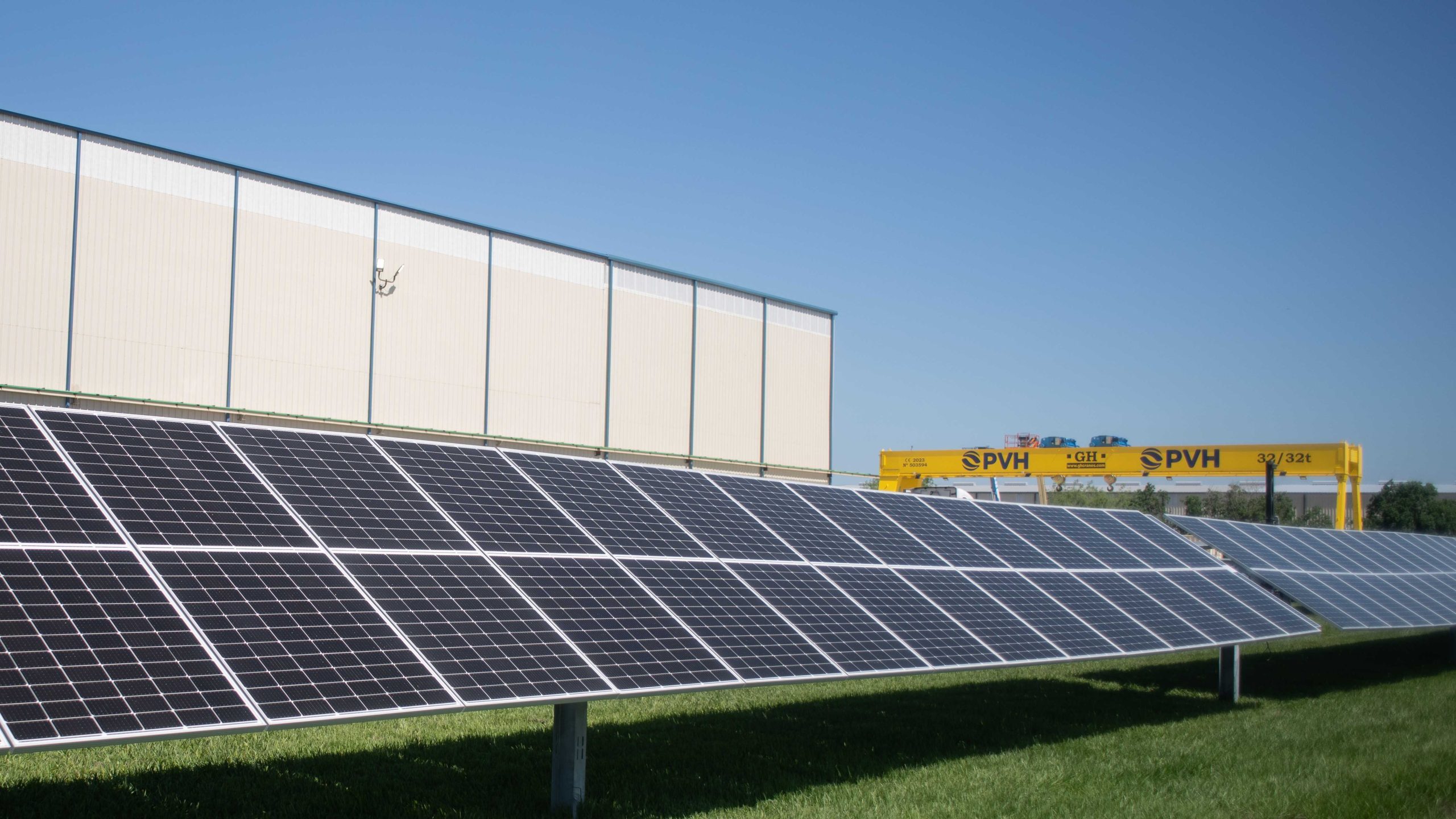
The recent tariffs imposed by the Biden Administration on solar and battery cells imported from China reflect a strategic move to counteract the dominance of Chinese imports in these industries. These tariffs, intended to protect and stimulate domestic production, will see solar tariffs rise up to 50% on certain components in 2024. Despite the potential ramifications of these tariffs, PVH remains unaffected due to our unique approach to managing our supply chains.
We pride ourself on leveraging local materials and employing a local workforce in all our projects, thereby insulating our operations from the turbulence caused by international trade policies. By sourcing materials locally and maintaining robust, in-house supply chains, PVH not only supports the domestic economy of the State of Texas, but we also mitigate risks associated with global manufacturing shifts and trade disputes.
International strategy based on local content
PVH’s international business model aligns well with this industry trend, as we have proactively built a resilient and adaptable supply chain that does not depend on Chinese imports.
“Our strategic focus on local sourcing ensures that we are not reliant on Chinese imports” says Rodolfo Bitar, VP Business Development at PVH USA. “We have implemented a solid business model based on maximizing local content in all our projects across the world. It is a principle we have adopted into our core values at PVH and which has proved to be successful, propelling us to the forefront of solar tracker manufacturing in both the Middle East and Europe.”
This foresight not only aligns with current trade policies but also positions PVH in an advantageous position despite ongoing global trade tensions. The broader U.S. market has already seen a reduction in direct imports of solar cells from China, which constituted less than 1% in 2021, as many importers have diversified their sources to different regions. This shift underscores the industry’s adaptability and the limited direct impact these tariffs might have on solar cell availability and pricing in the U.S. These new tariffs, which have become a focal point of U.S. trade policy, will take effect on August 1, the U.S. Trade Representative’s office said.
While new tariffs on Chinese imports are significant, their impact on PVH is minimal due to our self-sufficient supply chain practices and our strong bond with the local community’s materials and labor. This strategic approach not only buffers our activity against trade fluctuations, but also reinforces our commitment to sustainable and ethical business practices.

